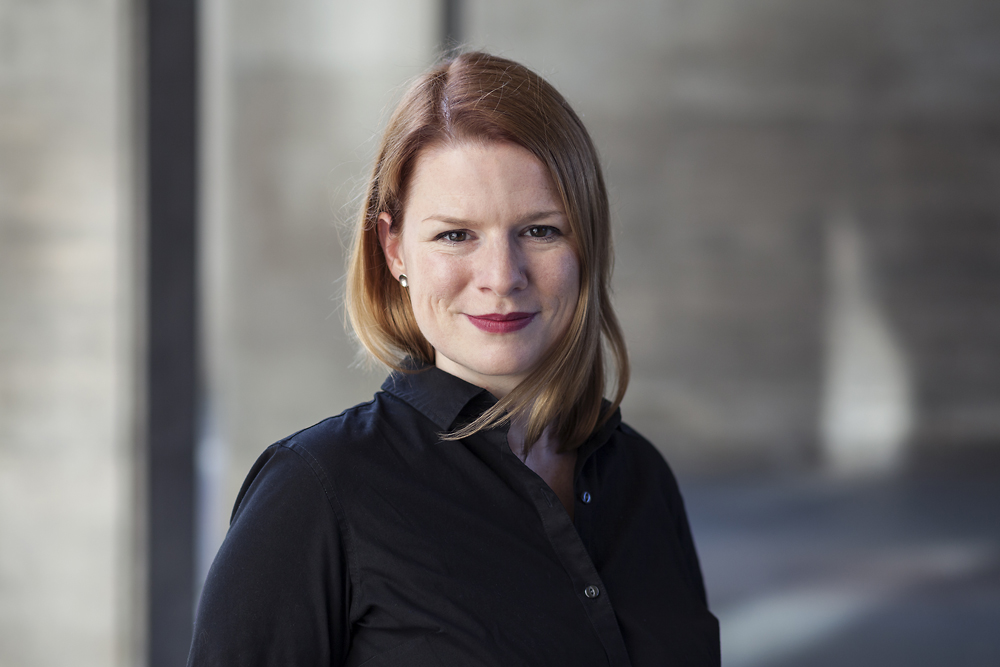Mary Dellenbaugh-Loose and Stavros Stavrides discussed a variety of issues around urban commons and commoning as process and practice.
Around the question of power relations that define, sustain or disable urban commoning, Stavros clarified that the sharing of power is both a precondition and result of commoning, power thereby to be understood as something done by different actors involved. Mary added to this that we need to attend to the complexity of the commons as a concept; one end of the spectrum, they can be understood as tied to emancipatory practice (in reference to Lefebvre). On the other end, they are understood in context with practices on the ground, which show that commons can have very strict rules about participation, decision-making and boundaries. The workshop participants were specifically interested in the question of porosity of such boundaries and the issue of in- and exclusionary practices of commoning, that is, we grappled with the notion of different publics.

Dr. Mary Dellenbaugh-Losse is an urban researcher, consultant, and author with a concentration on integrated post-industrial urban development, specifically: culture and creative industries, real estate market dynamics, intermediate and adaptive reuse of vacant buildings, bottom-up urban development, and urban commons. She has also published widely about the political, symbolic, and normative aspects of architecture and urban planning.
Mary Dellenbaugh-Losse states during the roundtable discussion that commons are defined differently. They can be seen as an emancipatory practice (linked to Lefebvre) on the one side; on the other side are practices on the ground, that show that commons as space has very strict rules about decision making and boundaries.
Abstract Urban commons present a possible “third way” to manage urban resources that work in the niche between the market and the state. Commons offer a means to understand and manage resources in terms of their use value, as opposed to considerations of exchange value and profit maximization (the market) or bureaucratic and administrative structures and questions of citizenship and use (the state). For this reason, urban commons can provide a true realization of Lefebvre’s right to the city for a range of otherwise disadvantaged groups. The commons framework is very flexible and can be adapted to a wide variety of resources and resource types, from wind power to housing. In addition, organizations engaging in commoning can take on an equally wide range of forms and degrees of formalization. I am currently examining these aspects of commons projects in empirical research for The Urban Commons Cookbook, which will be published in Fall 2018. However, it is important not to idealize commons, which not only have the power to include but also to exclude, especially in an urban context, where the pressure on limited space and limited resources is particularly high. Equally, I consider it important not to over-theorize commons, else we run the risk of alienating the future commoners, in particular, those with non-academic backgrounds.
Reading: https://urban-policy.com/2017/09/18/what-makes-urban-commons-different/
Kip, Markus, Majken Bieniok, Mary Dellenbaugh, Agnes Katharina Müller and Martin Schwegmann. 2015. Seizing the (every)day: Welcome to the urban commons! In: Dellenbaugh et al., Urban Commons: Moving beyond State and Market. Basel: Birkhäuser Verlag. pp. 9-25

One thought on “Urban Commons Roundtable (Dr. Mary Dellenbaugh-Losse)”